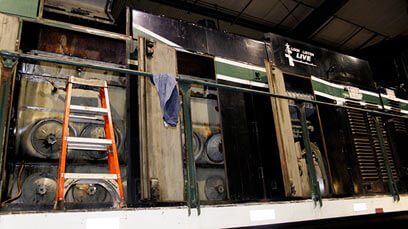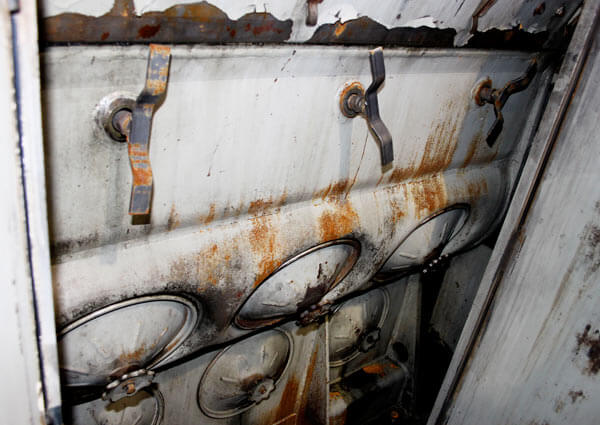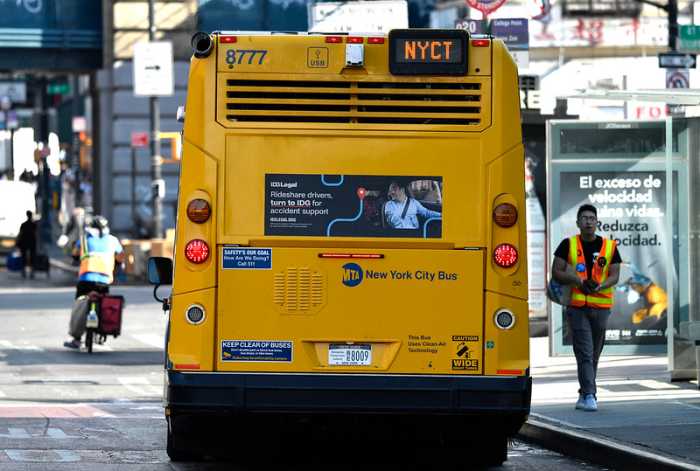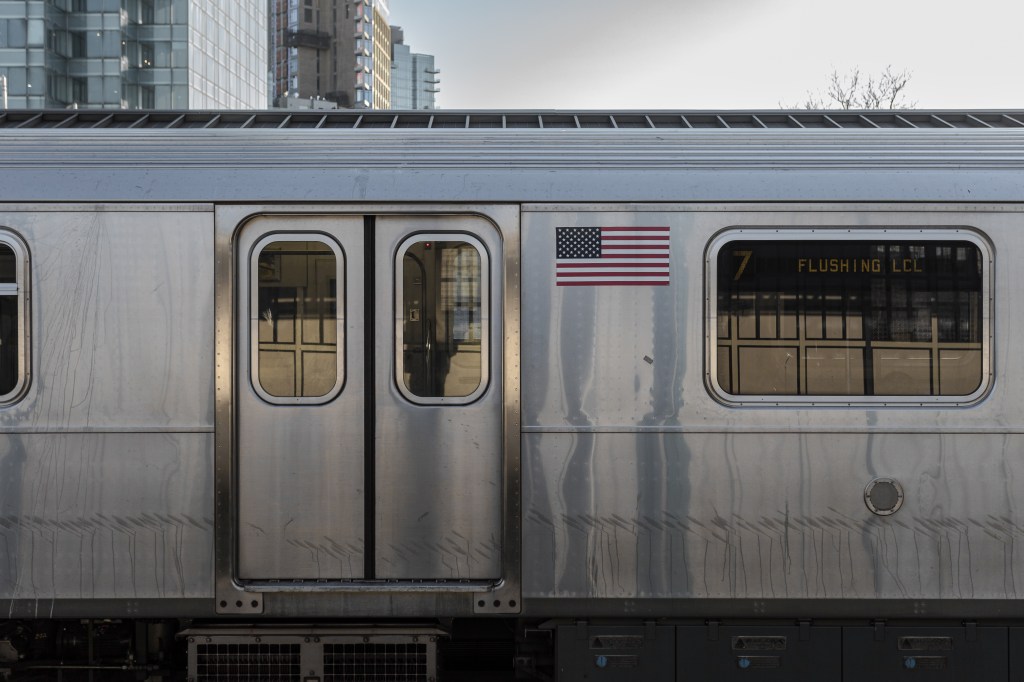By Sarina Trangle
State Assemblyman Andrew Hevesi (D-Forest Hills) has taken the Little Engine that Could’s approach to the 11 freight locomotives stationed in Glendale, striving to secure funding to green the engines bit by bit.
But the locomotives’ operator, New York and Atlantic Railway, said it may make more fiscal sense to retool the entire fleet in one haul.
“Doing one is nice, but it doesn’t really solve any issue or leave a real impact,” New York and Atlantic President Paul Victor said in an interview. “Ultimately, we’d try to get other companies to get it, too, and do a whole production line run to bring the cost down.”
For the second consecutive year, Hevesi has requested that $3 million be set aside in the state budget for rebuilding one of 11 locomotives owned by the Long Island Rail Road, but operated by New York and Atlantic, with newer equipment and less harmful emissions.
Alexander Schnell, Hevesi’s chief of staff, said the assemblyman initially requested $17 million to rebuild the roughly 40-year-old fleet New York and Atlantic uses to transport about 29,000 cars annually.
The state was hesitant to allocate so much without a pilot project to demonstrate its benefits, according to Schnell. The project got pared down to $3 million for testing a model.
But Schnell said support was growing for the initiative, emphasizing that nearly 80 of Hevesi’s colleagues signed a letter of support for this year’s $3 million request.
Residents along the tracks leading to the Fresh Pond Rail terminal in Middle Village and Glendale have long complained about noise and odors from the freight locomotives carrying garbage and other goods along the route. Consequently, their elected officials have spent years strategizing how to mitigate quality-of-life and health concerns.
Last year Hevesi successfully secured $3 million for re-engineering one of the locomotives into a machine comprised of more modern parts classified as Tier 3 and 4. The federal government rates freight technology based on how clean it runs, with Tier 0 being the least efficient equipment and Tier 4 deemed the most environmentally friendly.
The new equipment is expected to reduce the particulate matter in emissions by about 90 percent. Particulate matter poses health risks.
Victor said it made sense for the state to pay for engineering work because buying a new freight locomotive would be difficult and costly. He said the tracks New York and Atlantic uses can only handle four axle-locomotives.
Nationally, freight carriers have largely turned toward six-axle cars because they can carry more weight. As a result, Victor said it is unlikely equipment exists to build newer locomotives with four axles and it would be more costly to pay for such molds or alternatively to rip up all the tracks to permit six-axle cars.
Regardless, Victor said most companies have manufacturers draw up designs for new equipment to meet their individual needs. The shelf life of the platform New York and Atlantic is reusing for the $3 million locomotive is virtually infinite.
Pricing locomotives is difficult, given that there are so few manufacturers and they are often reluctant to disclose prices. Equipment can get quite intricate as well. For instance, the diesel engines New York and Atlantic uses only function as a generator to switch on electrical plants on wheels, which have enough power to light up a few city blocks.
Once a bidder is selected, Victor said he anticipates New York and Atlantic will receive a newly built locomotive by the end of 2014.
After six months of testing and addressing the inevitable kinks, Victor said it would be wise to pitch the product to other freight carriers. If enough sign on for a production line, the price could drop to $2.3 million.
Finding other customers would largely depend on governments’ willingness to pay for new equipment. Victor noted that under new emissions guidelines, operators and manufacturers are both responsible for guaranteeing that locomotives remain in compliance with Tier 4 standards, which he anticipates driving up New York and Atlantic’s maintenance costs 50 percent.
U.S. Rep. Grace Meng (D-Bayside) pushed for $20 million in federal grants to be set aside for reducing diesel emissions nationwide and has encouraged the state to apply for the funding to help green New York and Atlantic’s fleet.
Reach reporter Sarina Trangle at 718-260-4546 or by e-mail at strangle@cnglocal.com.







































